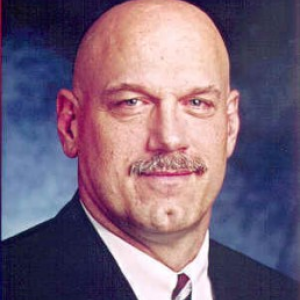
Those of us who tune in to talk radio occasionally hear jokes about Rush Limbaugh being the leader of the Republican Party, or suggestions that Jason Lewis or Sean Hannity should run for office. This is apparently a popular idea with their millions of listeners. Unfortunately, those behind the microphones are leaders only in the broad sense of the term. Their current roles are as entertainers, not responsible leaders. The transition from entertainer to leader is not an easy one, and there are good reasons for that difficulty.
The best entertainers seek to generate controversy. They are bomb-throwers by trade. Their mandate is to generate buzz. They want to be noticed, and get audiences to tune in. They make outrageous statements and suggest popular, but unworkable policies to make points and to ignite controversy. They get their best effect when appealing to hot button issues and exaggerating differences between “us” and “them”. This is as true for Rush as it is for Rachel Maddow or Paul Harvey.The point is not to find common ground, but to sharpen the divide between those who agree with them and those who do not. This drives the all important ratings. Advertisers don’t pay for good policy and wise counsel. They want the audience to see and hear their ads.
Good leaders cannot operate this way. Rather than generate conflict, good leaders find common ground. Rather than use hot button issues to inflame passions, leaders need to use persuasion and logic to build consensus. Rather than preaching to the choir, leaders have to appeal both to “us” and to “them”, because building wise and lasting policy is hard. Good political solutions often are not anyone’s first choice, but acceptable to a broad consensus of the citizens. Leaders must “own” these mediocre solutions, and sell them. They cannot afford to be bomb throwers or entertainers. They must cultivate trust and reliability. They must build faith in those they serve. They are not, and cannot be in the service of third party paymasters, like advertisers, and the people have to have confidence that they are trustworthy, of good character, and sincere.
There are a few counter examples. Rod Grams was a popular local talk show host before becoming a US Senator from Minnesota. Al Franken was a successful comedian before becoming a US Senator. I believe that in both cases, their skills and personal preferences are at odds with successful, long-term leadership. Rod Grams was defeated after a single term in the Senate. Al Franken’s fate is yet to be decided.
Rush, Sean, Rachel, and Jason are doing us a great service. They raise issues in ways that provoke national conversations. They make us think. They make it impossible for their ideological opponents to be complacent. They are masters of their craft, but are not necessarily suited to the very different demands of leadership.

